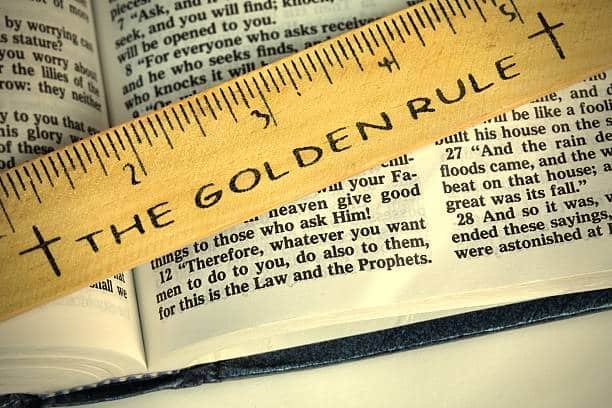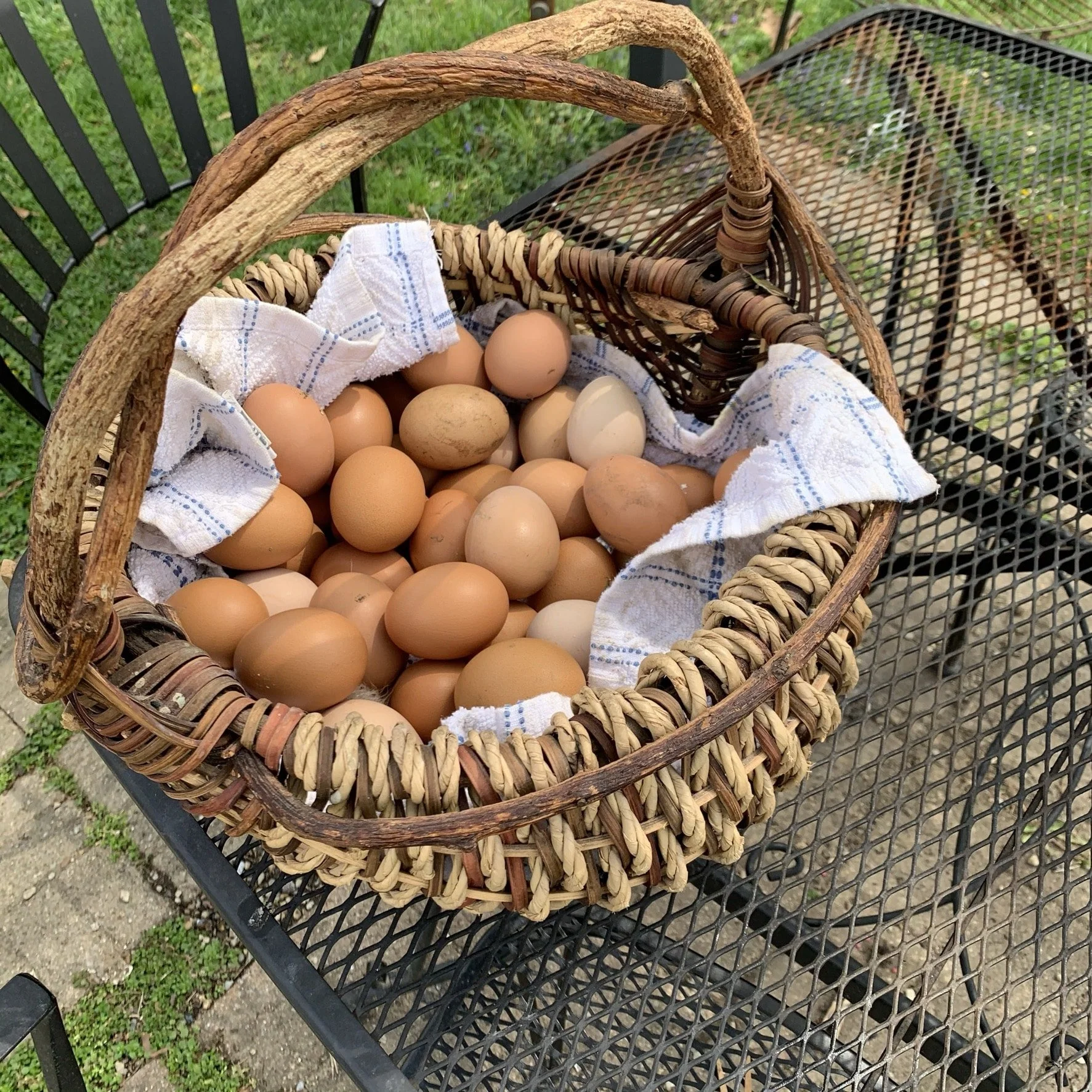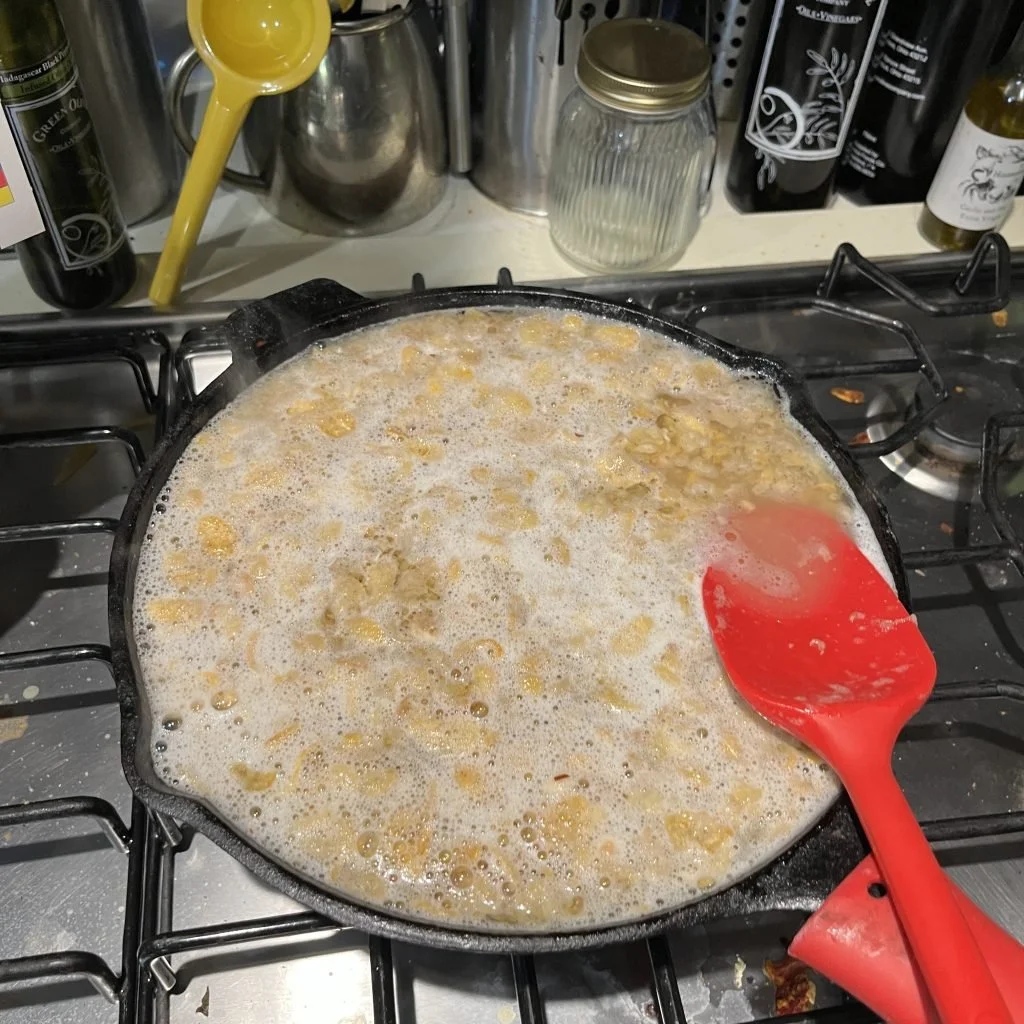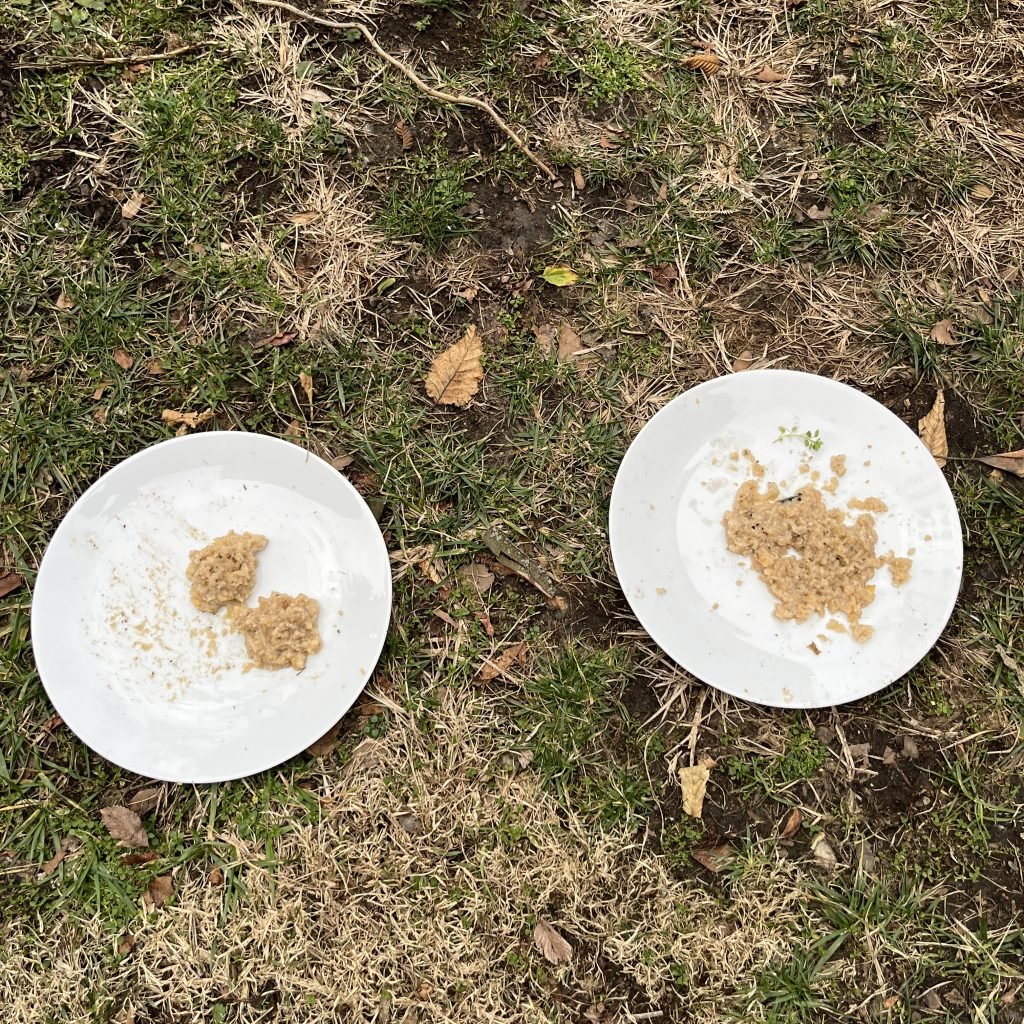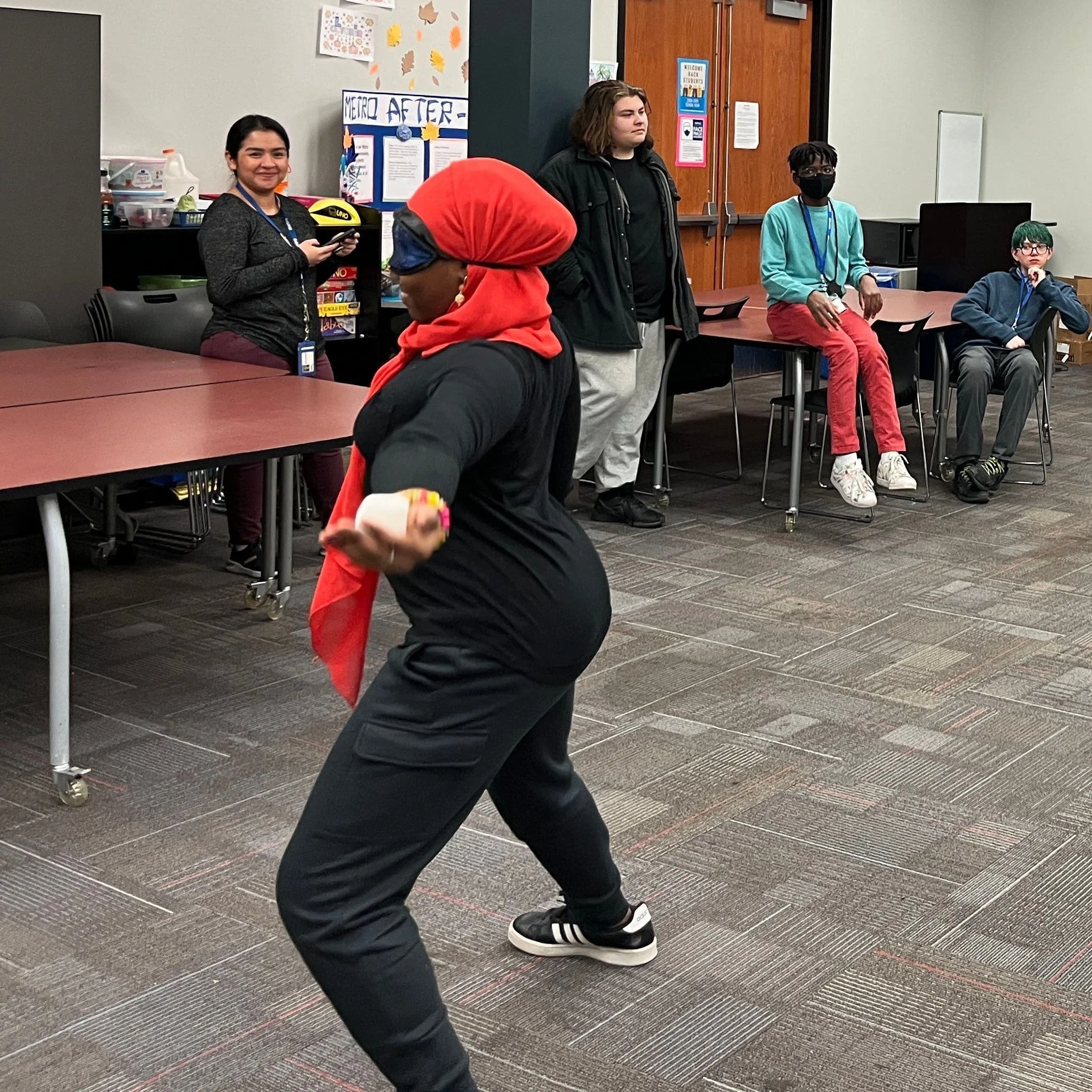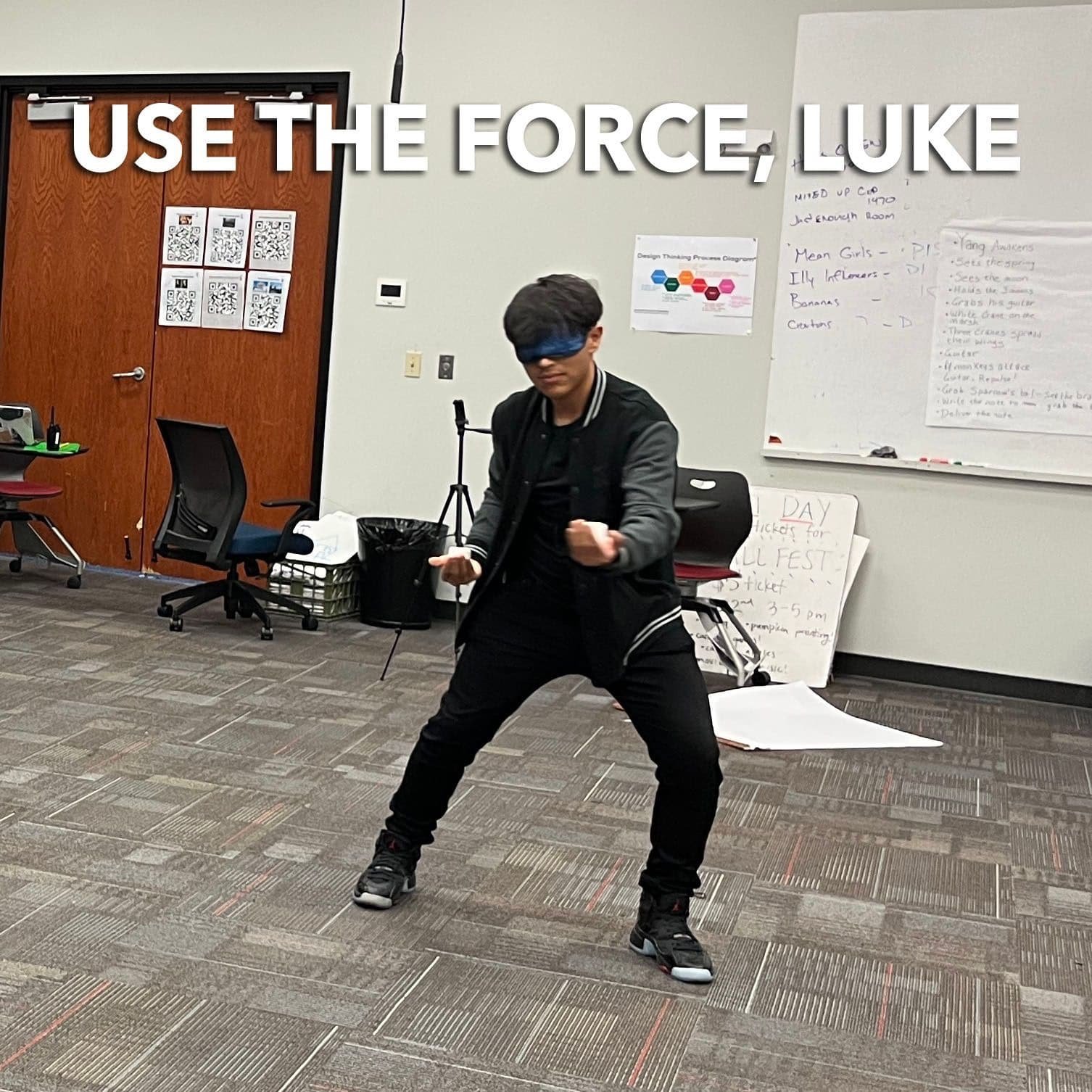Reducing Inequality and Promoting Sustainability
Reducing Inequality and Promoting Sustainability
Do Unto Others As You Would Have Them Do Unto You
Share Your Wealth
Use What You Have In New Ways
Share The Wealth The Best Way You Know How
Be Willing To Give And Recieve
Lead With Empathy and Courage
Practicing Tai Chi While Blindfolded
Believe in equality don’t practice inequality. When we believe that everything has a value, not just us, that’s when we can start reducing inequality and promoting sustainability. Without this belief we can never truly be sustainable.
The defect of equality is that we desire it only with our superiors.
Henry Becque
In nature everything is equal. Yes, you have animals that are stronger, faster, smarter. There are plants that grow better than others. But they do not seek to be actively better than any other.
This is a uniquely human condition. Humans can dream, act, imagine, and most importantly, care. This is why reducing inequality is critical.
Caring NOT Scarcity
Reducing inequality does not require pity - It requires teamwork. It is only when we see ourselves in service that we can truly overcome inequality. Search your feelings you know this to be true.
137 Years ago, French Dramatist Henry Becque wrote, "The problem with equality is that we desire it only with our superiors." and 3000 years ago Confucius taught us the Golden Rule. The way to reduce inequality is to banish scarcity and value caring in our worldview.
Believing in Abundance and Sharing
At Mezzacello I always wish to share what I have. This is the primary conduit to sustainability. If I was not sharing and caring, my ecosystems would starve and perish.
I actively seek opportunities to bring grace, kindness, peace and love to my farm. We need to start practicing this in our everyday interactions as well. Believe in the goodness of life, and ignore the evil, the fear, the supposed sleights, and pride.
It is important to remember that sustainability is a circular thing. We give and we take and we reciprocate. The most important thing to remember is to choose to live in service. The helpers, as Mr. Rogers famously quipped, look for the helpers.
Empathy is Key
We don't always do a very good job of practicing empathy with ourselves. It is easier to practice empathy with others. Often this requires vulnerability, and experience.
I live in a culture that definitely values the individual over the larger community. This is an unsustainable worldview, there is no way around this. It's not an insult, it's a fact.
How Does Nature Handle Equity?
Imagine if animals only cared about theirselves or just their offspring, or trees and plants only sought nutrients for themselves. Nature would collapse. There MUST be an equal give and take for sustainability to exist.
So how do we care about others AND respect ourselves? Empathy and common sense (The Golden Rule). This concept transcends any religion or culture. It is a basic human tenet for coexistence.
Let me end this passionate and long essay with one of my favorite quotes attributed to Margaret Mead, the famous American Anthropologist, who was asked what was the point when civilization began? She responded with, the first fossil evidence of a broken bone that had been healed. That healed bone showed care and empathy, and people willing to do things for others to help.
Think about that. I'll provide the text below (actually attributed to Ira Byock) to the actual quote. But surely if stone age people living in caves 15,000 years ago could understand and practice equity, we can too.
Years ago, anthropologist Margaret Mead was asked by a student what she considered to be the first sign of civilization in a culture. The student expected Mead to talk about fishhooks or clay pots or grinding stones.
But no. Mead said that the first sign of civilization in an ancient culture was a femur (thighbone) that had been broken and then healed. Mead explained that in the animal kingdom, if you break your leg, you die. You cannot run from danger, get to the river for a drink or hunt for food. You are meat for prowling beasts. No animal survives a broken leg long enough for the bone to heal.
A broken femur that has healed is evidence that someone has taken time to stay with the one who fell, has bound up the wound, has carried the person to safety and has tended the person through recovery. Helping someone else through difficulty is where civilization starts, Mead said.”
We are at our best when we serve others. Be civilized.
Ira Byock


